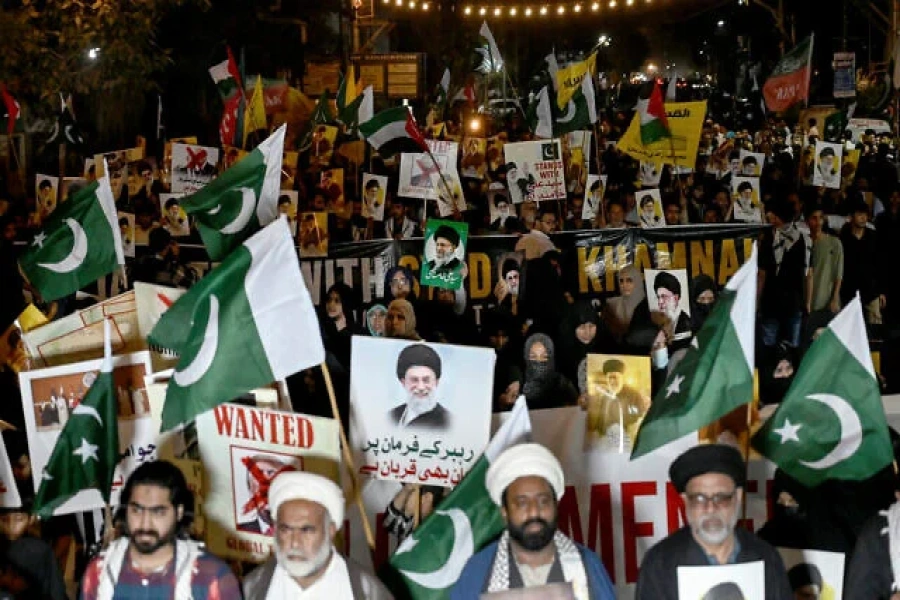KATHMANDU, Sept 26: A group of South Asian experts in the field of women in foreign policy have highlighted the importance of feminism-centric foreign policy by bringing women to the forefront of policy-making.
On the second day of a three-day regional conference entitled Women and Foreign Policy organized by the Consortium of South Asian Think Tanks (COSATT) and the Konrad Adenauer Stiftung (KAS) held in the capital on Thursday, foreign policy experts from all the South Asian nations except Afghanistan discussed gender-based political issues including proportionate representation of women in government, gender equality in foreign policy, national disarmament plans and women-led initiative in climate action.
National seminar explores ways to integrate feminist foreign po...

In the opening session of the conference, former Deputy Speaker of the Maldives parliament and chairperson of the Maldives Policy Think Tank Eva Abdulla underscored the disproportionate baggage of public debt on women. “Our governments need to focus on public debt management strategies to safeguard programs that advocate for reforms in international debt based on gender equality benchmarks,” she said.
Addressing the conference as a panelist on the session entitled “The Importance of Gender Equality in Foreign Policy”, Executive Director of the Bandaranaike Centre for International Studies Priyanthi Fernando highlighted the need to employ feminist approach to international relations. “The masculinist approach to foreign policy which places power at the center of international relations has led to increasing conflicts over the years,” she said. “The feminist approach that places cooperation at the center of international relations can lead us to disarmament.”
Speaking at the program, former Ambassador and Permanent Resident of Nepal to the United Nations (UN) and Other International Organizations in Geneva Dr. Shambhu Ram Shimkhada opined that the South Asian region has been a leading light for women in policymaking. “The first ever elected woman prime minister in the world, Sirimavo Bandaranaike of Sri Lanka was from South Asia,” he said. “The revolutionary constitutional provision of 33 percent reservation for women leaders in Nepal at all levels of government is another instance of south asia leading the world by setting an example.”
Similarly, Director of the Political Dialogue Asia Programme, KAS, Singapore, Andreas Klien highlighted the importance of communicating the findings of women-led research on feminist approach to foreign policy to the general public so that young women can find inspiration to pursue leadership positions at all levels of governance. The convenor of COSATT Dr Nishchal Nath Pandey raised the issue of meritocracy over nepotism in ensuring the participation of women in government and foreign policy making.






































